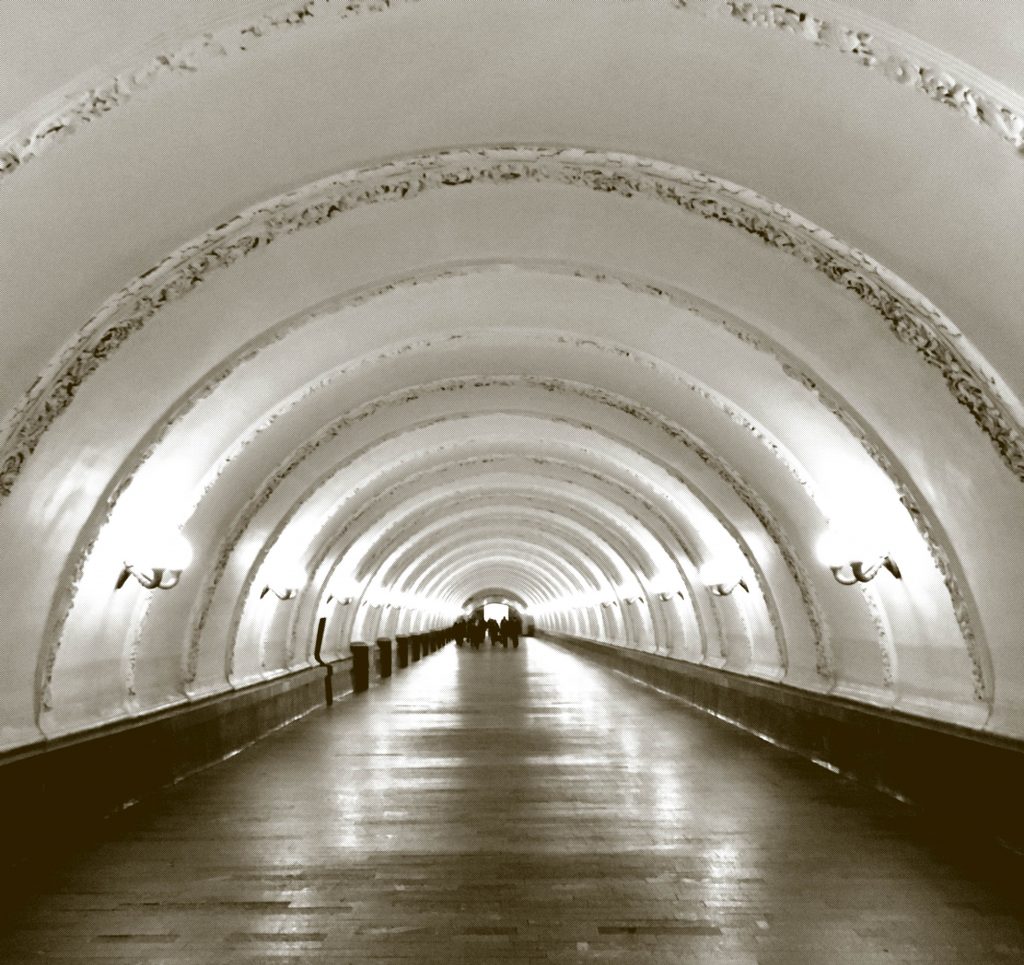
Eine Utopie braucht eine gewisse räumliche Isolation, um in allen Einzelheiten sorgfältig erdacht und erbaut und vor der möglichen Korruption durch die übrige, unvollkommene Welt geschützt zu werden.
Nicht zufällig ist der Bericht über eine Utopie immer ein Reisebericht. Jemand ist genötigt, einen schwierigen oder verlustreichen Weg im Raum oder in der Zeit zu bestreiten, und entdeckt auf einer Insel, auf einem in hohen Bergen verborgenen Plateau, auf einem anderen Planeten oder in einer anderen Zeit – meistens durch Zufall – eine utopische Welt. Und in der Regel findet der Reisende, sobald er diese utopische Welt verlassen hat, den Rückweg dorthin nicht wieder. Immer passiert etwas, das diesen Weg endgültig versperrt: eine Lawine in den Bergen, ein Schiffbruch, bei dem alte Seekarten verloren gehen, oder ein Brand, bei dem die Zeitmaschine explodiert. Daher ist das erste Gebot für jemanden, der eine Utopie erbauen will: einen einsamen Platz zu finden, wo er sich wirklich erlauben kann, alles neu und nach einem einheitlichen Plan zu erschaffen.
Boris Groys, U-Bahn als U-Topie, 2004
A utopia needs a certain spatial isolation if it is to be carefully thought through and developed and protected from possible corruption by the rest of the imperfect world. Anyone wishing to build a utopia must find a lonely place where he can really afford to create everything anew according to a unified plan. The right strategy of utopia-building consists of finding, in the midst of an inhabited world, an uninhabited – and if possible uninhabitable – u-topos where he can develop his utopia. In this way, all the advantages of the topical and the u-topian are combined: the whole infrastructure necessary for the construction is available, but it cannot be used for life; there is only the endless building. Every utopia is built for eternity and demands no less.
Boris Groys, Underground as U-topia, 2004
